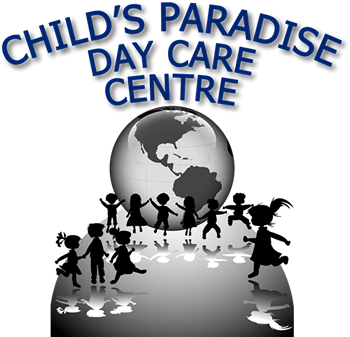Monthly Newsletters, daily tentative schedules, and/or completed activities are posted for each individual Program Room and/or on Program White Boards. The Documentation and Programming allow for a balance of indoor and outdoor, quiet, and active play to encourage the development of the entire child. Programming is based on How Does Learning Happen? Ontario’s Pedagogy for the Early Years.
Flexible daily schedules and program plans will be posted in each individual Program Room with Activities based on ELECT and How Does Learning Happen documentation. These activities will be planned and guided based on the interests of the children and of the community.
The plans allow for indoor and outdoor, quiet and active play and teacher-directed and child-directed play to encourage the development of the entire child.
The areas of the Programs include:
- Creative Arts
- Sensory
- Housekeeping/Dramatic Play
- Music and Movement
- Block Play and Gross Motor
- Quiet/Book Area
- Science
- Table-top Toy / Manipulative Play
- Circle and Small Group Activity
FREE PLAY: According to the American Academy of Paediatrics, “Play allows children to use their creativity while developing their imagination, dexterity, and physical, cognitive, and emotional strength. Play is important to healthy brain development. It is through play that children at a very young age engage and interact with the world around them. Play allows children to create and explore a world they can master, conquering their fears while practicing adult roles, sometimes in conjunction with other children or adult caregivers. As they master their world, play helps children develop new competencies that lead to enhanced confidence and the resiliency that they will need to face future challenges. Undirected play allows children to learn how to work in groups, to share, to negotiate, to resolve conflicts and to learn self-advocacy skills. When play is allowed to be child-driven, children practice decision-making skills, move at their own pace, discover their own areas of interest, and ultimately engage fully in the passions they wish to pursue. Ideally, much of play involves adults, but when play is controlled by adults, children acquiesce to adult rules and concerns and lose some of the benefits play offers them, particularly in developing creativity, leadership, and group skills. In contrast to passive entertainment, play builds active, healthy bodies.” Free Play Time encourages the children to understand that it is their brain and their world. They can make their life just the way they want it.
CIRCLE TIMES: Circle times are group times that involve group activities. These activities include Show and Tell, storybook reading, calendar time, singing songs, doing finger and action plays, performing science and cooking experiments. Circle time is sometimes planned around a specific theme.
|

